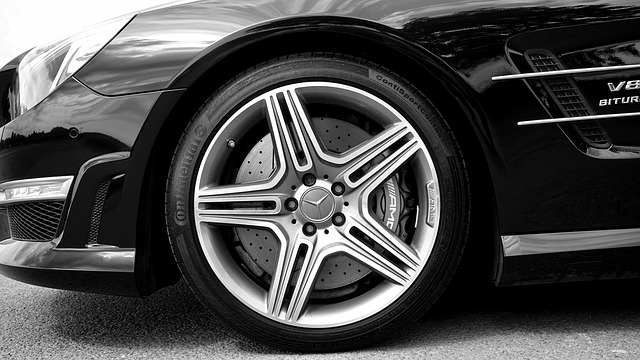
Brake problems can be scary. If your brakes are misbehaving, you likely want to know if it’s a safety risk or “it can wait a week” sort of problem. Well, unless you are a mechanic, it’s hard to know in all cases but in this article, we’ll give you some insight into brake problems. With help from Paul Conte Chevrolet of Freeport, a local Chevrolet dealer in Freeport, NY, we have identified the five most common brake symptoms that show up.
Your brake pedal is soft
A soft brake pedal is a serious issue. If your brake pedal feels squishy and won’t stop the car unless you pump it, you have a serious problem. This symptom generally means that you have a leak in your brake system somewhere. Our recommendation is to shut off the car and have it towed to a repair shop. It may end up that you just need some additional brake fluid in the brake master cylinder, but it could be the beginning of a major leak.
Your car pulls to one side when braking
A car that pulls to one side can be annoying and in some cases, dangerous. This braking problem can be caused by several different things but the most common cause is a “frozen caliper.” Calipers are the part of the brake system that squeezes the brake pads on each wheel. Over time, they can become rusty and “freeze up.” This sort of braking problem isn’t a panic situation but you should have it checked out soon. Your mechanic will either free up the caliper or replace it.
Your steering wheel shakes when brakes are applied
This is a very common issue; when you are driving at highway speeds and apply your brakes, the steering wheel shakes. There are many possible causes for this shaking but the two most common are: old, out-of-shape rotors or a stuck caliper. Worn tires in some cases can also contribute to this problem. In general, this is not a panic situation but you should bring it in for service relatively soon.
Your brake pedal pulses when applying brakes
If every time you apply your brakes, your brake pedal pulses up and down, the problem is usually caused by the rotors being warped or worn. As rotors age, they go through a heating and cooling process thousands of times. Eventually they will lose their shape and you will feel it when you apply the brakes. The fix for this brake problem is simple: new rotors.
Whole car shakes when brakes are applied
If your whole car shakes when your brakes are applied, it could be just your rear brakes. As a rule of thumb, shaking caused by a problem in the front end of the car will be felt in the steering wheel, while shaking in the rear will seem to affect the whole car. This is a situation that requires a tow to the garage at all but have a mechanic look at it soon.
Closing Thoughts
Hopefully this information will help you decide where to start when fixing your problem. It isn’t an exhaustive list, brakes can fail in other ways too, but this list is a good place to start. With any brake problem, if in doubt, have your local mechanic look at it.


